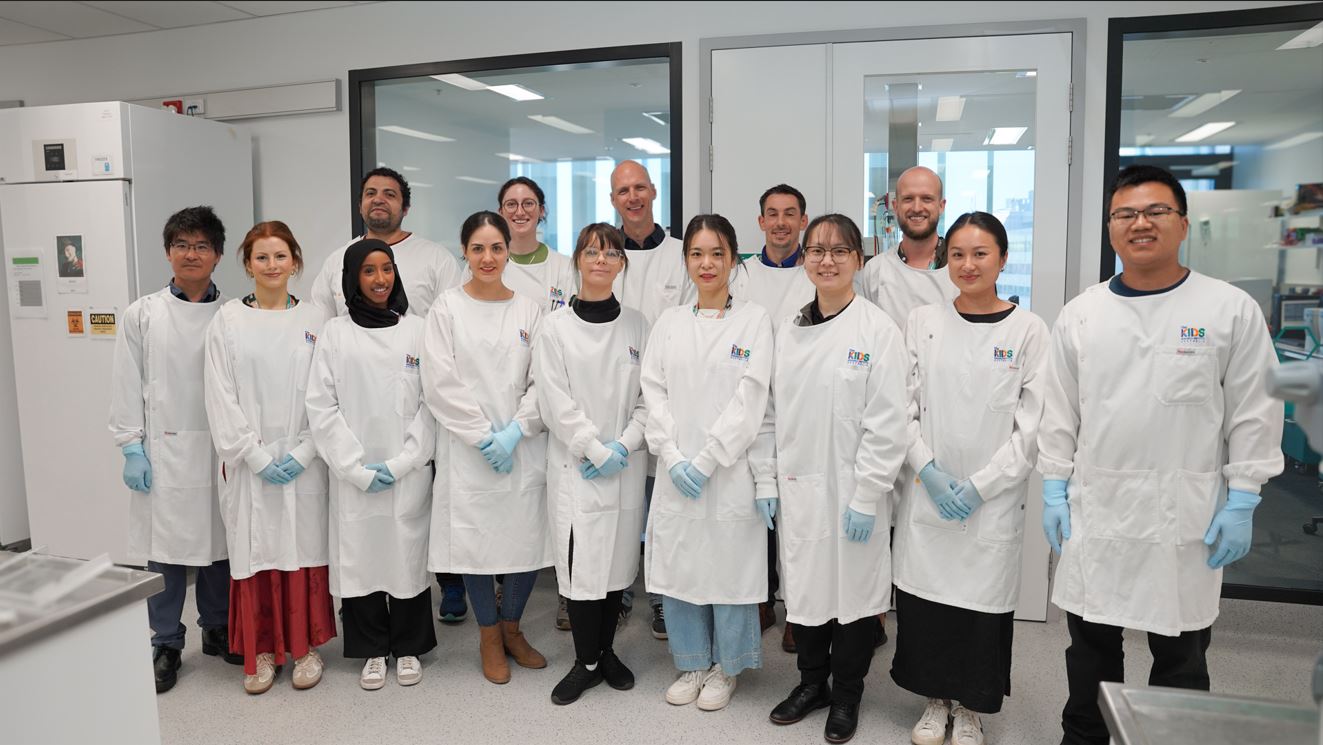Search
Research
Tissue-resident memory T cells orchestrate tumour-immune equilibriumOur findings provide insight into the immune cell populations important for maintaining long-term tumour dormancy in peripheral tissues
Research
The dystroglycan receptor maintains glioma stem cells in the vascular nicheThese findings reveal a central role of the DG receptor, not only as a structural element, but also as a critical factor promoting mesenchymal-like GBM
Research
Accumulation of CD103+ CD8+ T cells in a cutaneous melanoma micrometastasisResults support the emerging concept that CD103+ CD8+ tissue‐resident memory T cells are key mediators of cancer surveillance
Research
PI3K activation in neural stem cells drives tumorigenesis which can be ameliorated by targeting the cAMP response element binding proteinOur findings present a novel mouse model for glioma demonstrating that the PI3K pathway is important for initiation of tumorigenesis
Research
Tumor Infiltrating Effector Memory Antigen-Specific CD8(+) T Cells Predict Response to Immune Checkpoint TherapyImmune checkpoint therapy (ICT) results in durable responses in individuals with some cancers, but not all patients respond to treatment. ICT improves CD8+ cytotoxic T lymphocyte (CTL) function, but changes in tumor antigen-specific CTLs post-ICT that correlate with successful responses have not been well characterized. Here, we studied murine tumor models with dichotomous responses to ICT.

We aim to discover and develop safer and more effective treatments by doing inventive and rigorous research to improve outcomes for kids with cancer.
Research
Role of COL5A1 in lung squamous cell Carcinoma: Prognostic Implications and therapeutic potentialLung squamous cell carcinoma (LUSC) is a significant health concern, characterized by a lack of specific therapies and limited treatment options for patients in advanced stages. This study aims to identify key molecules of prognostic importance in LUSC and provide an experimental foundation for their potential therapeutic applications.
Research
The Australian New Zealand Consortium in Children, Adolescents, and Young Adults Oncofertility action planInternational and national oncofertility networks, including the US-led Oncofertility Consortium, FertiProtekt, and the Danish Network, have played pivotal roles in advancing the discipline of oncofertility over the last decade. Many other countries lack a shared approach to pediatric oncofertility health service delivery.
Research
Geldanamycin treatment does not result in anti-cancer activity in a preclinical model of orthotopic mesotheliomaMesothelioma is characterised by its aggressive invasive behaviour, affecting the surrounding tissues of the pleura or peritoneum. We compared an invasive pleural model with a non-invasive subcutaneous model of mesothelioma and performed transcriptomic analyses on the tumour samples.
Research
Development of a high-sensitivity and short-duration fluorescence in situ hybridization method for viral mRNA detection in HEK 293T cellsCoronavirus disease 2019 (COVID-19) is an extremely contagious illness caused by severe acute respiratory syndrome coronavirus 2 (SARS-CoV-2). Early disease recognition of COVID-19 is crucial not only for prompt diagnosis and treatment of the patients, but also for effective public health surveillance and response.
